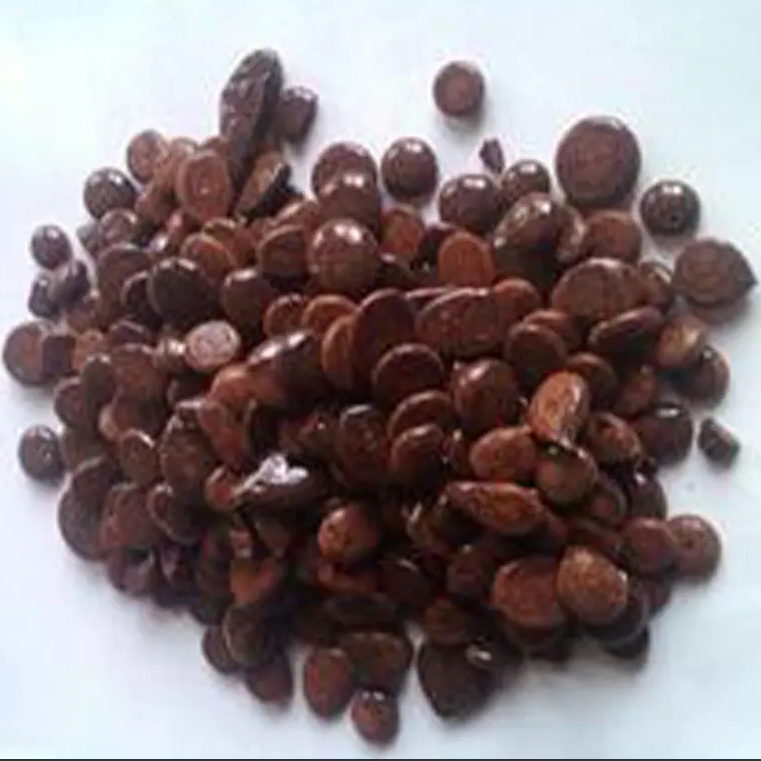Vulcanizing agents are essential components in the rubber industry, playing a key role in transforming raw rubber into a more useful and durable material. These agents facilitate the chemical process known as vulcanization, which involves forming cross-links between polymer chains within the rubber. This process significantly alters the physical and mechanical properties of the rubber, enhancing its overall performance in various applications.
One notable aspect of vulcanizing agents is their influence on the elasticity of rubber. By creating stable cross-links, vulcanized rubber gains the ability to stretch and return to its original shape repeatedly without permanent deformation. This elasticity is critical in many products such as tires, seals, and gaskets, where flexibility and shape retention under stress are necessary for proper function.
In addition to elasticity, vulcanizing agents improve the tensile strength of rubber. This means that vulcanized rubber can withstand greater forces before breaking or tearing. This property is important in applications that require resistance to mechanical stress, such as conveyor belts or industrial hoses. Enhanced tensile strength contributes to the longevity and reliability of rubber components in challenging environments.
Vulcanizing agents also impact the thermal stability of rubber materials. Once vulcanized, rubber exhibits improved resistance to heat, allowing it to perform in a broader temperature range. This thermal stability helps prevent softening or degradation when exposed to higher temperatures, which is especially relevant in automotive and industrial settings where rubber parts may be subjected to heat generated by machinery or engines.
Chemical resistance is another area where vulcanizing agents contribute to improved rubber performance. Vulcanized rubber tends to resist various chemicals, oils, and solvents better than non-vulcanized rubber. This resistance helps protect rubber components from damage and swelling caused by chemical exposure, making them suitable for use in environments where contact with such substances is common.
Moreover, vulcanizing agents affect the abrasion resistance of rubber. This characteristic determines how well rubber withstands surface wear caused by friction or rubbing. Enhanced abrasion resistance is beneficial for products like tires and shoe soles that face constant contact with rough surfaces. It helps maintain the surface integrity and extends the useful life of the product.
The curing process associated with vulcanizing agents can be tailored by adjusting factors such as temperature, time, and the specific agent used. This adaptability allows manufacturers to control the properties of the finished rubber, optimizing it for different requirements. The ability to customize vulcanization conditions contributes to the versatility of rubber materials in various industries.
Additionally, the performance of vulcanizing agents is evaluated by their ability to consistently produce rubber with uniform properties. Consistency in vulcanization ensures that rubber products meet quality standards and function reliably in their intended applications.
In conclusion, vulcanizing agents play a vital role in enhancing the performance of rubber by improving elasticity, tensile strength, thermal and chemical resistance, and abrasion resistance. Their contribution to customizing the vulcanization process further allows manufacturers to produce rubber products suited for a wide range of uses. Understanding these performance characteristics is important for selecting appropriate vulcanizing agents to meet specific industrial needs.

